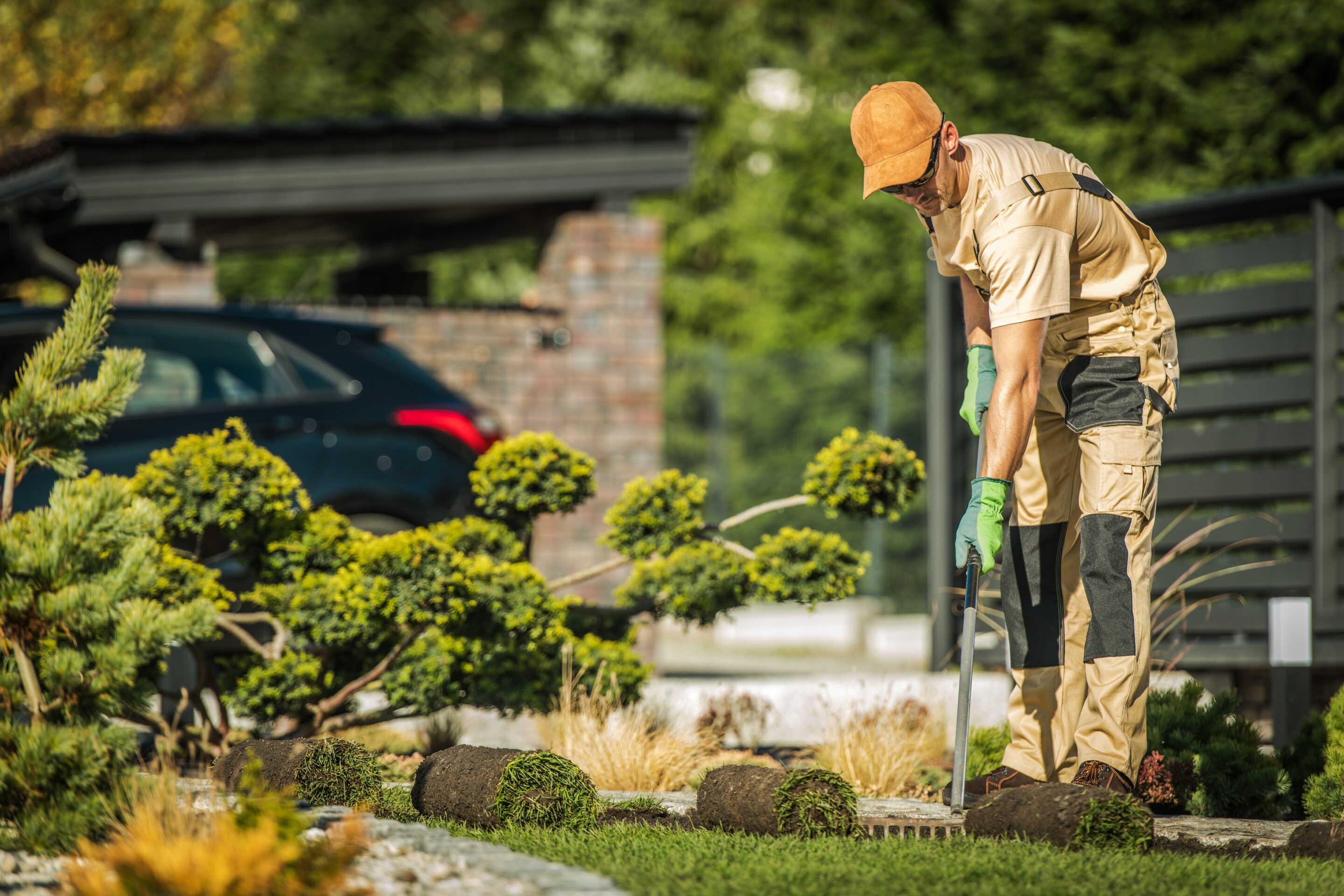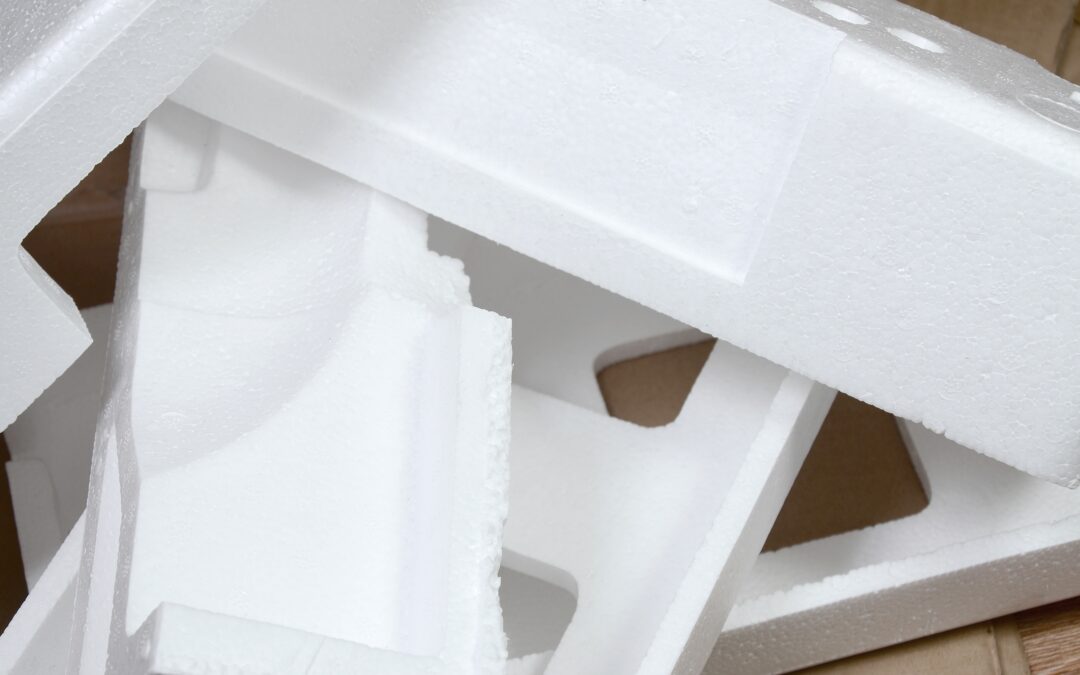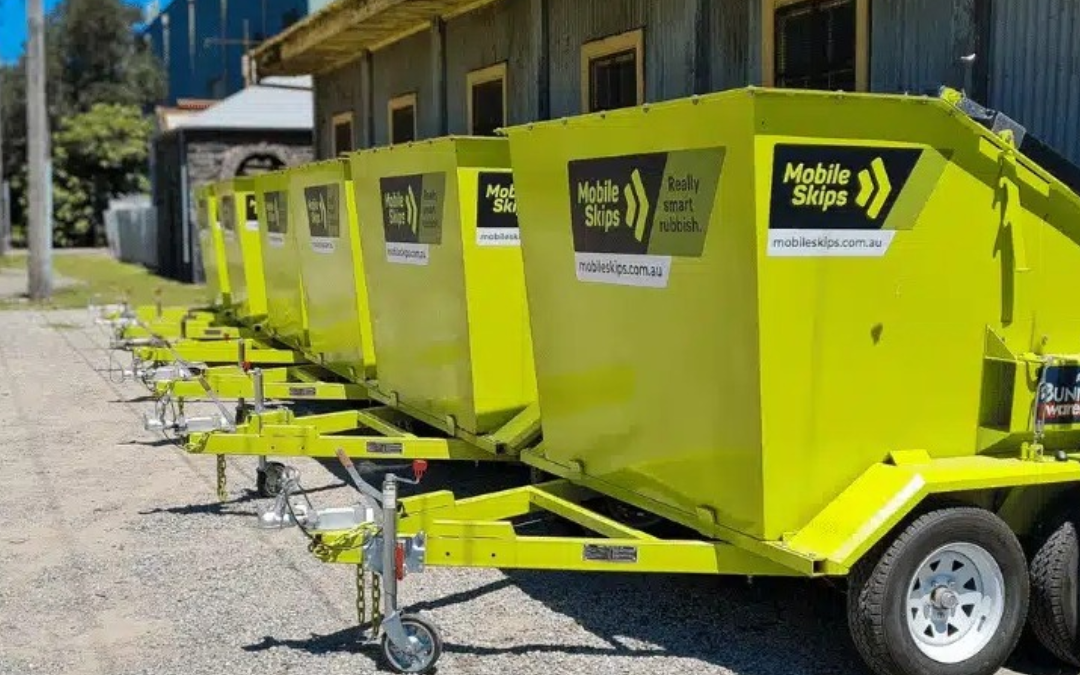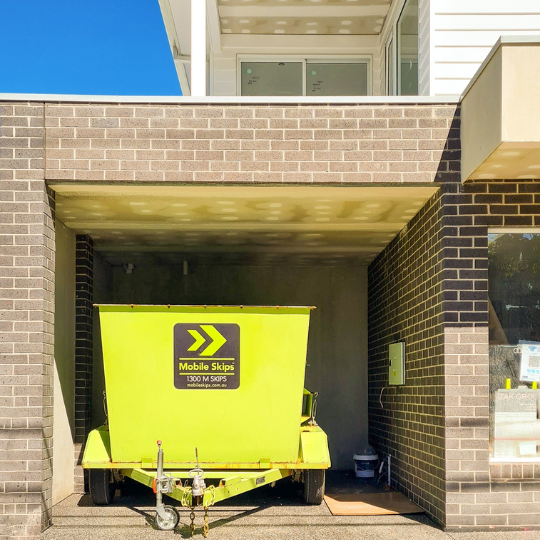Why Waste Disposal Methods Matter
Taking care of waste the right way is super important for keeping our surroundings clean and healthy. If you’re trying to up your gardening game in Australia, understanding how to handle your organic waste can make a big difference. Let’s break it down.
Tackling Organic Waste
So, what’s the deal with organic waste? It’s all that kitchen stuff like veggie scraps and yard clippings that can actually be turned into something useful. The magic word here is composting.
Composting turns your leftover food and garden waste into rich, nutritious soil. Think of it like recycling, but for your garden. Synthetic fertilizers can’t hold a candle to the nutrient boost compost gives your soil (Moonshot Compost). Plus, by composting, you’re keeping trash out of landfills and cutting down on methane—a nasty greenhouse gas that’s way worse than carbon dioxide (Moonshot Compost).
Check out the difference in methane emissions between composting and just tossing stuff in the landfill:
| Waste Disposal Method | Methane Emissions (Tonnes) |
|---|---|
| Composting | Barely any |
| Landfilling | Loads |
Going Green with Waste Solutions
Sustainable waste solutions are a big deal for cutting down the environmental hit of our trash. Composting is a top-notch way to handle the organic parts of the stuff we throw away.
Here’s why composting rocks:
- Enriches Soil: Makes your dirt healthier by adding essential nutrients, improving its texture, and helping it hold water better (Moonshot Compost).
- Cuts Pollution: Less junk in landfills means we keep them from filling up too fast and polluting our planet (Moonshot Compost).
- Prevents Erosion: Helps good bugs in the soil do their thing, controls erosion, and nourishes plants (Moonshot Compost).
Adding composting to your routine won’t just help you handle waste better—it’ll also make your garden thrive and do wonders for the planet. If you’re serious about stepping up your gardening skills, mixing compost into the soil is a win-win for you and Mother Earth. Go ahead, get your hands dirty, and watch your garden flourish!
Getting the Dirt on Composting
Composting is a top-notch way to handle organic waste and give your garden a boost. Let’s break down how composting turns your kitchen scraps into garden gold and spotlight the tiny workers that make it all happen.
Turning Trash to Treasure
Think of composting as nature’s recycling: you take food waste and yard clippings and turn them into a superfood for your plants. It’s like giving your garden a vitamin shot! Composting is better for the environment than dumping stuff in landfills or burning it up. Your garden gets natural nutrients that man-made fertilizers can’t touch.
Here’s the deal: when you compost, you’re creating a home for friendly microorganisms that chow down on your organic waste. They need a few key ingredients to work their magic:
- Carbon (C): The energy source, think leaves and cardboard.
- Nitrogen (N): Essential for growth, like your veggie peels and grass clippings.
- Water (H2O): Keeps everything moist – kitchen scraps and a little hose action.
- Oxygen (O2): Keeps the whole party aerobic — you get this by turning the pile or letting air circulate.
| Component | Job | Examples |
|---|---|---|
| Carbon | Fuel for Microbes | Dry leaves, straw, cardboard |
| Nitrogen | Growth Booster | Grass clippings, veggie scraps |
| Water | Moisture Master | Food scraps, water from the hose |
| Oxygen | Respiration | Air, turning the compost |
Carbon vs. Nitrogen: The Perfect Mix
You need a good mix of “browns” (carbon-rich stuff) and “greens” (nitrogen-rich goodies). Aim for a 30:1 carbon-to-nitrogen ratio to keep your compost pile from stinking up the place.
Microorganisms: The Tiny Titans
Without these tiny champions, your compost would just be a pile of rotting garbage. Here’s the lowdown on these mini miracle workers:
- Bacteria: The main event! They break down complex materials into the basic stuff plants love.
- Fungi: They take on the tough bits, like wood chips and paper.
- Actinomycetes: Sort of like a mix between bacteria and fungi, they help break down rougher materials and give compost its earthy smell.
These little guys need carbon for energy, nitrogen to build proteins, water to stay hydrated, and oxygen to keep breathing. In return, they whip up nutrient-rich compost that helps your soil hold water and feeds your plants.
By getting the hang of how organic material breaks down and how these microorganisms do their thing, you’ll be composting like a pro and kicking your garden up a notch. Happy composting!
Why Composting Rocks
Composting is like giving your trash a second life. Gone are the days of stuffing landfills with organic waste. Ready to find out why composting is a win-win for both Mother Earth and your garden? Grab a cup of coffee, sit back, and let’s chat about how this stinky process can create something beautiful.
Saving the Planet, One Scrape at a Time
Think of composting as nature’s recycling program. Here’s how it helps the environment:
- Less Garbage Mountain: When you compost, you’re cutting down on the waste you send to the dump. This means fewer trash hills and less land gobbled up by landfills. Cleaner, greener spaces all around! (Moonshot Compost)
- Bye-Bye, Methane: Organic food scraps dumped in landfills break down without oxygen, producing methane—a greenhouse gas packing 21 times more punch than carbon dioxide. Composting these scraps stops them from turning gassy, which means fewer heatwaves and polar bear sad faces. (Moonshot Compost)
- Nature’s Fertilizer: Composting turns your leftovers into nutrient-rich goodies that boost plant growth. Say hello to flourishing gardens with fewer store-bought, chemical-ridden fertilizers.
Now, let’s break it down for you:
| Environmental Perk | Why It Rocks |
|---|---|
| Keeps Trash Down | Means fewer landfills |
| Cuts Methane | Reduces nasty greenhouse gases |
| Nutrient Recycling | Turns waste into plant food |
Your Garden’s Best Friend
Dreaming of a lush garden that’s the talk of the town? Compost to the rescue! Here’s what it can do for your soil:
- Nutrient Bonanza: Packed with essential nutrients like nitrogen, phosphorus, and potassium, compost turns your soil into a powerhouse. Think mega vitamins for plants. (NRDC)
- Soil Makeover: Compost works like a charm to improve any soil type—be it heavy clay or loose sand. It makes your soil easier to handle while ensuring roots get the air they crave.
- Water Wizard: Adding compost means your soil can hold way more water. Every 1% increase in organic matter means your soil stores an extra 20,000 gallons of water per acre—like giving your garden a built-in irrigation system!
- Microbe Party: Good bugs love compost. These tiny helpers break down organic matter, feeding your plants and keeping them healthy.
- Stop the Erosion: Compost helps keep your soil where it belongs, reducing erosion and protecting your beautiful landscape.
Here’s the lowdown:
| Garden Perk | Why It Rocks |
|---|---|
| Nutrient-Rich Soil | Supercharges plant growth |
| Better Soil Structure | Easier gardening |
| More Water Holding | Less watering |
| Microbe Boost | Healthier plants |
| Controls Erosion | Keeps your garden intact |
So, ready to turn your banana peels and coffee grounds into gardening gold? Start composting, save the planet, and have the envy of all your neighbors! Happy composting!
Home Composting Techniques
Composting is a game-changer for dealing with your kitchen scraps and garden waste. Not only does it keep stuff out of the trash, it also makes your garden happy. So, let’s explore two super popular methods: backyard composting and vermicomposting – or, as I like to call it, letting worms do the hard work!
Backyard Composting
Got a backyard? Great! Backyard composting can turn your food scraps into black gold for your garden. Imagine fewer trips taking out the trash and more quality soil for your plants.
Steps for Backyard Composting:
- Find Your Spot: Pick a dry, shady place close to a hose for easy watering.
- Pile It Up: Toss in ‘green’ stuff (like veggie scraps) and ‘brown’ stuff (like leaves) to keep things balanced.
- Keep It Balanced: Aim for a mix of 1 part greens to 2 parts browns.
- Turn It: Use a pitchfork or shovel to mix it up every couple of weeks.
- Check Moisture: Your pile should be about as moist as a damp sponge.
Green and Brown Materials:
| Green Materials | Brown Materials |
|---|---|
| Fruit scraps | Fallen leaves |
| Veggie scraps | Small branches |
| Grass clippings | Paper and cardboard |
| Coffee grounds | Straw or hay |
Vermicomposting Insights
If you’re short on space or want to compost indoors, vermicomposting is your ticket. This method leverages worms to turn organic waste into rich compost, or vermicompost. It’s tidy, efficient, and fun.
Steps for Vermicomposting:
- Get a Bin: Pick or build a bin with some airflow. Plastic bins work great.
- Bedding Down: Line it with moist shredded paper or cardboard.
- Add Worms: Time for the stars of the show – red worms (Eisenia fetida).
- Feed the Worms: Give them small amounts of fruit and veggie scraps regularly.
- Harvest the Goods: Every few months, collect that vermicompost and use it in your garden.
Suitable Worm Food:
| Worm Food | Not Suitable |
|---|---|
| Fruit peels | Meat or dairy |
| Veggie scraps | Greasy foods |
| Coffee grounds | Citrus fruits |
| Crushed eggshells | Processed foods |
Putting compost to use is a no-brainer – it’s perfect for flower beds, veggie patches, or even indoor plants. Plus, composting helps conserve water, as increasing soil organic matter by just 1% can boost water retention by 20,000 gallons per acre.
So, let’s get composting – your garden and the planet will thank you!
How Composting Helps Our Climate
When you toss that banana peel in the compost bin, you might not think you’re fighting climate change, but you are. Composting isn’t just a way to get rid of kitchen scraps—it’s a small yet mighty weapon against global warming. It reduces methane emissions and locks carbon into the soil. Let’s break it down.
Less Methane, More Smiles
Methane (CH4) is a heavyweight in the greenhouse gas game, responsible for a big chunk of global warming. When your food waste rots in a landfill without oxygen, it belches out methane (NCBI). Toss that same food waste into a compost pile, and now you’ve got something different going on.
Here’s why composting keeps methane in check:
- Air Time: Mix up your compost pile to keep it airy. No air = methane. Air = happy microbes that don’t make methane.
- Good Mix: Make sure your compost has a mix of green stuff (like veggie scraps) and brown stuff (like leaves). This cocktail keeps the composting process humming along efficiently.
Carbon’s New Home
Besides keeping methane at bay, composting helps trap carbon in the ground. When organic stuff breaks down, it forms humus—a super stable type of organic carbon. This humus can stick around in the soil for years, keeping carbon from becoming carbon dioxide (CO2)—another greenhouse gas.
The perks of storing carbon in the soil are huge:
- Better Dirt: Soil loaded with organic matter means healthier plants. It’s like giving your garden a nutrient-packed smoothie.
- Less CO2 on the Loose: When carbon stays put in the soil, there’s less CO2 floating around in the atmosphere.
| Greenhouse Gas | How Composting Helps |
|---|---|
| Methane (CH4) | Sending organic waste to the compost stops it from turning into methane in a landfill. |
| Carbon Dioxide (CO2) | Composting locks carbon in the soil, cutting down on CO2 emissions. |
Your Turn to Make a Difference
So, the next time you compost those leftovers, remember you’re doing more than just recycling yard waste. You’re boosting your garden’s health while also giving the planet a hand. Every little bit helps, and your compost can be part of the bigger climate solution.🌱
Effective Waste Management Strategies
Managing household waste efficiently can give your gardening game a big boost, especially when composting. Let’s check out some easy ways to kick up your recycling and composting efforts a notch.
Waste Separation Schemes
Sorting out waste at home is a solid start. This means dividing your trash into organic, recyclable, and leftover stuff. Not only does this make disposal easier, but it also ups your recycling and composting game.
Picture what happened in Tamale where a pilot waste separation scheme offered prizes for folks who sorted their trash correctly. This simple trick led to a big boost in recycling while keeping costs low (ScienceDirect).
When looking at waste separation, consider these big factors:
- Area where the service is offered
- Type of rewards
- Collection times
- Types of housing
Tailoring your waste separation approach to fit the local community can help make recycling and composting way more effective.
Incentive Programs for Recycling
Who doesn’t like a bit of extra cash or vouchers? Offering rewards is a great way to get people to recycle more. These incentives can be in the form of discounts, gift cards, or even some cash prizes for those who recycle regularly and well.
Research shows that incentives seriously boost recycling and material separation efforts. The promise of rewards motivates people to make an effort to sort their trash correctly, resulting in cleaner waste disposal and more recycling.
Check out this summary of what different factors can do:
| Factors | Impact on Waste Separation Efficiency |
|---|---|
| Prize Incentives | High |
| Service Zone Setup | High |
| Collection Times | Moderate |
| Housing Types | Moderate |
So, managing waste thoughtfully with separation schemes and rewards for recycling can not only make your compost pile healthier but also promote a cleaner, greener environment. These savvy strategies can take your gardening efforts to the next level while ensuring your waste disposal is as eco-friendly as possible.






